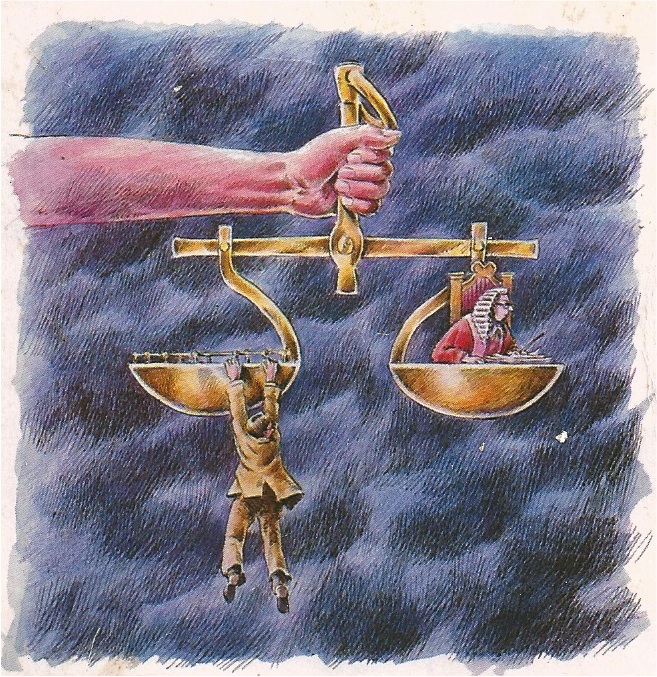The Law Society of England and Wales has said they are ‘highly concerned’ about the new human rights Bill and have ‘strongly encouraged’ the UK Government to rethink its approach.
After being scrapped by Liz Truss’ Government in September, Dominic Raab’s proposed Bill of Rights Bill is back on the table under Rishi Sunak. The Bill, which has been dubbed the ‘Rights Removal Bill’, sees the Human Rights Act repealed and replaced legislation in order to lessen the European Court of Human Rights’ (ECtHR) influence in UK courts.
The Bill will retain rights enshrined in the European Convention on Human Rights (ECHR) but adopts certain thresholds and interpretative guidance for courts which, the Law Society says, will diminish UK citizens access to their rights in the face of potential violations. The most significant changes include a permission stage, where claimants must prove they have, or would, suffer ‘significant disadvantage’ due to a rights breach before their claim may be taken to court. The duty placed on courts to interpret legislation compatibly with Convention rights will be removed and, when reviewing human rights issues, courts will be required to give greater weight to parliamentary views. Courts will also be prohibited from making a finding that a public body owes a positive rights obligation, which will significantly limit the ability of citizens to seek redress for rights infringements.
The Law Society argues that these proposals grant UK courts the power to detach themselves from the jurisprudence of the ECtHR, despite the government having no power to do this under the Convention they themselves ratified decades ago.
The Government maintains that the Bill of Rights Bill strengthens human rights law in the UK rather than weakening it. They specifically take issue with the interpretational methods of the ECtHR in applying the ECHR as a ‘living instrument’ which must evolve with changing moral attitudes since its 1950s drafting. The Government views these methods instead as a guise for political reform by a European Court which is acting outwith its remit.
A number of civil society organisations have raised similar concerns about the far reaching consequences of the Bill. Amnesty International and Liberty have together collaborated on a campaign to scrap it, using one Government minister’s own assessment of it as a ‘complete mess’ as their tag-line. They note that the proposed Bill would breach the Good Friday Agreement, as it would result in diminished access to UK courts for human rights violations – something which the Agreement requires.
In rejecting the Bill, the Law Society express serious concern that it will prevent access to justice and diminish government accountability. The Bill is currently receiving scrutiny in its 2nd reading in the House of Commons.






